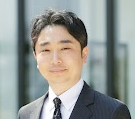
Prof. Ryo Haraguchi
University of Hyogo, Japan
Speech Title: The Art and Science of Cardiac
Modeling and Arrhythmia Simulation
Abstract: This keynote
explores the art and science of cardiac modeling, where the "science" of
creating computationally intensive models, often requiring
High-Performance Computing (HPC), is complemented by the "art" of
building a sustainable and accessible research ecosystem. I will provide
a comprehensive overview of current trends, highlighting how Open Source
Software (OSS) and XML-based standards are breaking down barriers by
enabling robust model and data sharing. We will also look toward the
future, delving into the emerging paradigm of the Digital Twin in
cardiology and the software engineering challenges it presents. This
talk is an open invitation for the software engineering community to
join this exciting and increasingly accessible field of research.
Biography: Ryo Haraguchi received Ph.D. degrees in informatics from Kyoto University, Kyoto, Japan, in 2003. He is currently a Professor at Graduate School of Information Science, University of Hyogo, Japan. His research interests include medical imaging, medical engineering, cardiac arrhythmia, and computational science. He is a member of the Japanese Society of Medical and Biological Engineering, the Japanese Heart Rhythm Society, IEICE, and IEEE.
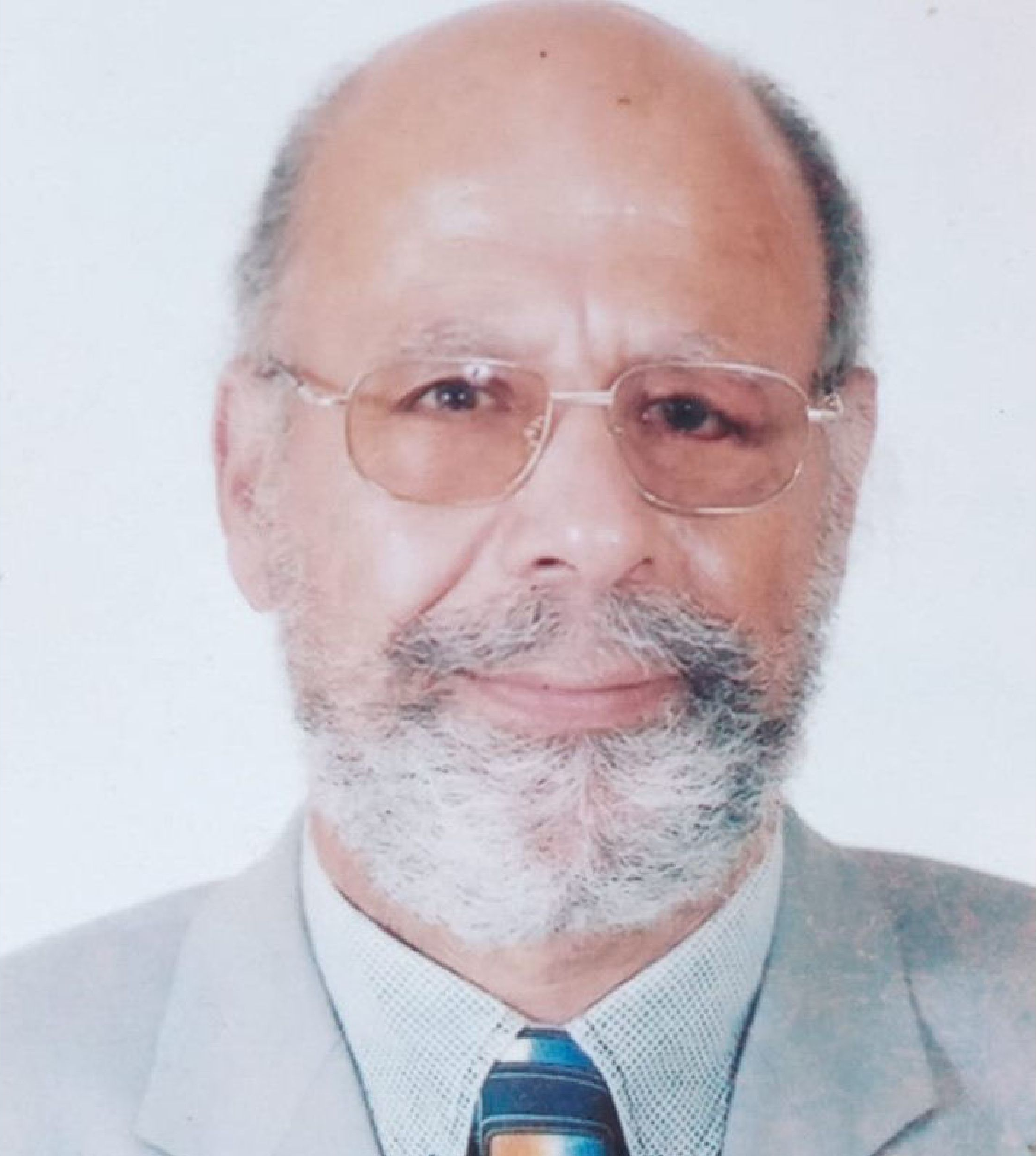
Prof. Samir Abou
El-Seoud
The British University in Egypt, Egypt
Speech Title: A Survey of Recent Technological Innovations and Their
Contribution to Improved Precision and Operational Efficiency in
Healthcare Practices
Abstract: Medical imaging visualization has
recently gained significant attention, as it has become increasingly
recognized as a foundational element in diagnosing and treating a wide
range of diseases. This review highlights key domains that benefit
substantially from advancements in medical visualization, while also
examining emerging technological developments enabled by computer
graphics, machine learning (ML), and deep learning (DL).
Biography: Professor Samir Abou El-Seoud received his BSc degree in
Physics, Electronics and Mathematics from Cairo University in 1967, his
Higher Diploma in Computing from Technical University of Darmstadt (TUD)
/Germany in 1975 and his Doctor of Science from the same University
(TUD) in 1979.
Field of study: Scientific Computations and Parallel
Algorithms.
Research interests: Computer Aided Learning, Parallel
Algorithms, Mobile Applications, Augmented Learning, Deep and machine
learning techniques, AI, Numerical Scientific Computations and
Computational Fluid Mechanics.
Teaching Interest: Computer Graphics,
Computer Organization, Computer Architecture, Logic and Digital Design,
Analysis and Design of Algorithms, Parallel Algorithms, and Data
Structure.
Professor El-Seoud held different academic positions at
TUD Germany. Latest Full-Professor in 1987. Outside Germany Professor
El-Seoud spent different years as a Full-Professor of Computer Science
at SQU – Oman, Qatar University, and PSUT-Jordan and acted as a Head of
Computer Science for many years. At industrial institutions, Professor
El-Seoud worked as Scientific Advisor and Consultant for the GTZ in
Germany and was responsible for establishing a postgraduate program
leading to M.Sc. degree in Computations at Colombo University /
Sri-Lanka (2001 – 2003). He also worked as Application Consultant at
Automatic Data Processing Inc., Division Network Services in
Frankfurt/Germany (1979 – 1980). Professor El-Seoud joined The British
University in Egypt (BUE) in 2012. Currently, he is Basic Science
Coordinator at the Faculty of Informatics and Computer Science (ICS) at
BUE.
Professor El-Seoud is the General Chair of different
International Conferences. Professor El-Seoud has more than 130
publications in international proceedings and international reputable
journals.

Assoc. Prof. Yang Cao
Institute of Science
Tokyo, Japan
Speech Title: Privacy in Fine-tuning
for Large Language Models: Attacks, Defenses, and Future
Directions
Biography: Yang Cao is an Associate
Professor at the Department of Computer Science, Institute of
Science Tokyo (Science Tokyo, formerly Tokyo Tech), and
directing the Trustworthy Data Science and AI (TDSAI) Lab. He
is passionate about studying and teaching on algorithmic
trustworthiness in data science and AI. Two of his papers on
data privacy were selected as best paper finalists in top-tier
conferences IEEE ICDE 2017, IEEE ICME 2020 and ACM MM 2025. He
was a recipient of the IEEE Computer Society Japan Chapter
Young Author Award 2019, Database Society of Japan Kambayashi
Young Researcher Award 2021. His research projects were/are
supported by JSPS, JST, MSRA, KDDI, LINE, WeBank, etc.
Abstract: Fine-tuning has emerged as a critical process in
leveraging Large Language Models (LLMs) for specific
downstream tasks, enabling these models to achieve
state-of-the-art performance across various domains. However,
the fine-tuning process often involves sensitive datasets,
introducing privacy risks that exploit the unique
characteristics of this stage. In this tutorial, I will
provide a comprehensive view of privacy challenges associated
with fine-tuning LLMs, highlighting vulnerabilities to various
privacy attacks, including membership inference, data
extraction, and backdoor attacks. We further review defense
mechanisms designed to mitigate privacy risks and discuss
their effectiveness and limitations in addressing them while
maintaining model utility.
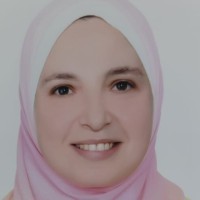
Assoc. Prof. Ghada Khoriba
Nile University,
Egypt
Speech Title: From Solo to Symphony: How Multi-Agent AI is
Orchestrating the Future of Industry
Abstract: Current artificial
intelligence systems increasingly rely on multi-agent reinforcement
learning (MARL) to address complex industrial optimization problems that
surpass the capabilities of single-agent approaches. This talk will
cover theoretical foundations and practical implementations of MARL in
various industrial sectors. Through systematic analysis of industrial
case studies, we explore emergent coordination mechanisms, scalability
challenges, and performance metrics in real-world deployments. The talk
addresses research gaps, including non-stationarity, partial
observability, and reward specification in multi-agent environments,
while identifying promising directions for advancing the field's
theoretical understanding and industrial applicability.
Biography: Dr. Ghada Khoriba is an Associate Professor at the School of
Information Technology and Computer Science at Nile University, Egypt.
She holds a Ph.D. in Engineering and Computer Science from the
University of Tsukuba, Japan (2010), and earned her Master's and
Bachelor's degrees in Computer Science from Helwan University, Egypt.
Dr. Khoriba's recent research focuses on LLM/LVMs, multi-agent
reinforcement learning, and computer vision applications. She previously
served as Head of the Artificial Intelligence Department at Ahram
Canadian University and as a Computer Vision Researcher for Egypt's
National Digitization Project, MCIT.
She published more than 40+
papers, including Neural Information Processing Systems (NeurIPS)
workshop, and she was recognized among the top 40 high-impact
researchers at Helwan University. Dr. Khoriba is a member of IEEE
Computational Intelligence Society and ACM.
Keynote Speeches of EESP2024
 |
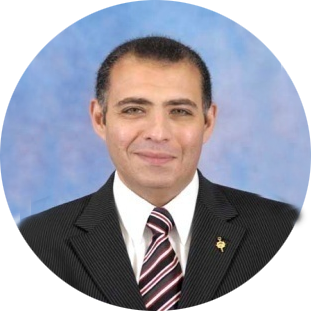 |
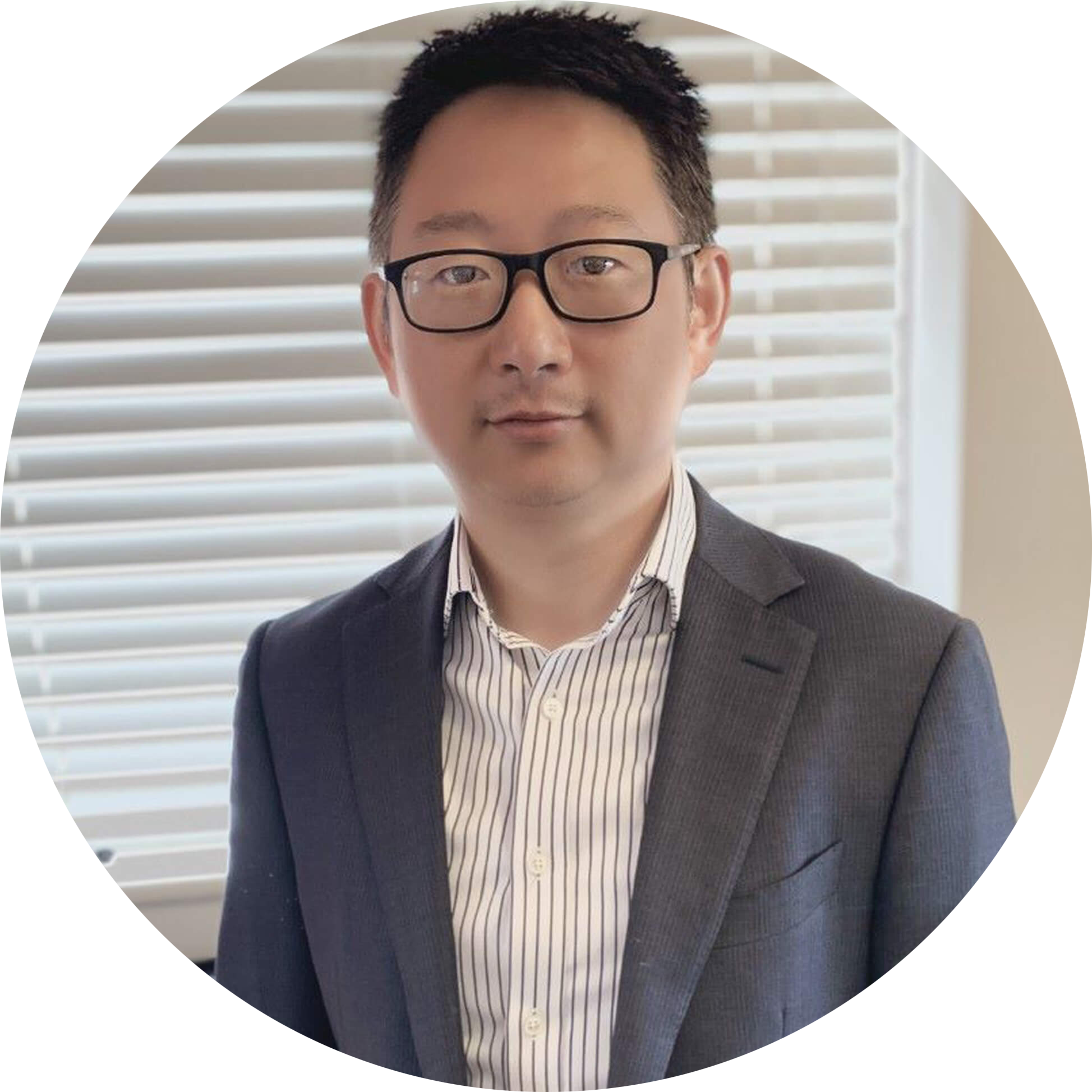 |
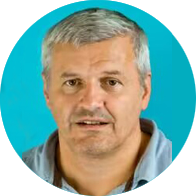 |
|||
| Prof. Farid Meziane University of Derby, UK |
Prof. Tarek M. Sobh University of Bridgeport, USA |
Assoc. Prof. Harry Yu University of Derby, UK |
Dr. Branislav Vuksanovic Military Technological College, Oman |
|||
Speech Title: Exploiting Web Resources to Support Automatic Course Design |
Speech Title: The Future Reimagined: Disruptive Technologies and the Dawn of the Autonomous Age |
Speech Title: Generative AI (LLM) for Software Engineering: Current Work and Challenges and Future Directions |
Speech Title: Challenges and Advances in Facial Expression Recognition: From Manual Analysis to Deep Learning |
|||